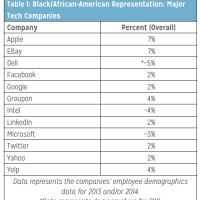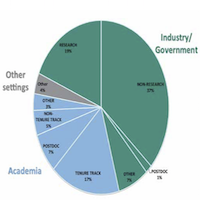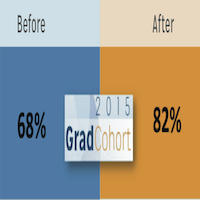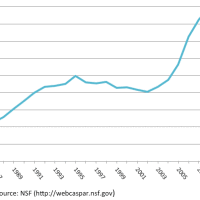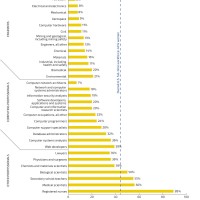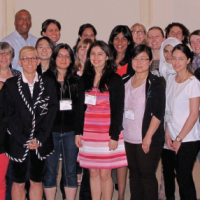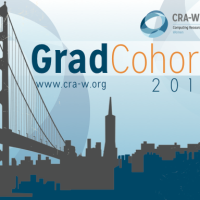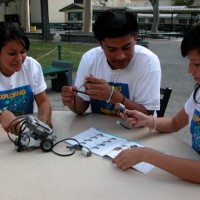
Exploring Computer Science: Active Learning for Broadening Participation in Computing
An opinion piece published in The New York Times entitled “Are College Lectures Unfair?” provides a clue to the persistent gender and race gaps in computer science [1]. The author, Annie Murphy Paul, poses several provocative questions: “Does the college lecture discriminate? Is it biased against undergraduates who are not white, male, and affluent?” She proceeds to explain how a growing body of research shows that “the lecture is not generic or neutral, but a specific cultural form that favors some people while discriminates against others, including women, minorities, and low-income first generation college students.” Paul then contrasts the lecture with active learning, where students construct knowledge through hands-on problem solving, engaging with the material through group work, collaborative thinking, and where students anchor their learning in knowledge they possess and cultural references with which they are familiar. For educators of computer science, a field that has been largely taught through lecture and direct instruction, research supporting active inquiry-based learning should give everyone pause to reflect and discuss.


